Pravda newspaper, the organ of the Central Committee of the Communist Party of the Russian Federation (KPRF), on June 30 published an article " Ho Chi Minh and Russia" by veteran Russian Vietnam scholar Evgeny Kobolev on the occasion of the 100th anniversary of President Ho Chi Minh's first visit to Soviet Russia, reviewing his activities and imprints during this period.
The article claims that President Ho Chi Minh's first trip to Russia lasted about a year and a half and turned out to be very productive. In October 1923, he became a permanent member of the Eastern Bureau of the Executive Committee of the Communist International. Today, a granite memorial plaque mounted on the wall of an old building on Mokhovaya Street in the center of Moscow, right across from the Manezh building, records this.
In December 1923, Osip Mandelstam, a reporter for the magazine Ogonyok (Little Flame), who later became a famous Russian poet, interviewed Uncle Ho. Mr. Mandelstam wrote a very interesting memoir called "Nguyen Ai Quoc. Visiting a Member of the Executive Committee", and made far-sighted comments: "Nguyen Ai Quoc's entire appearance exuded innate tact and delicacy... He exuded culture, not European culture, but perhaps the culture of the future...".
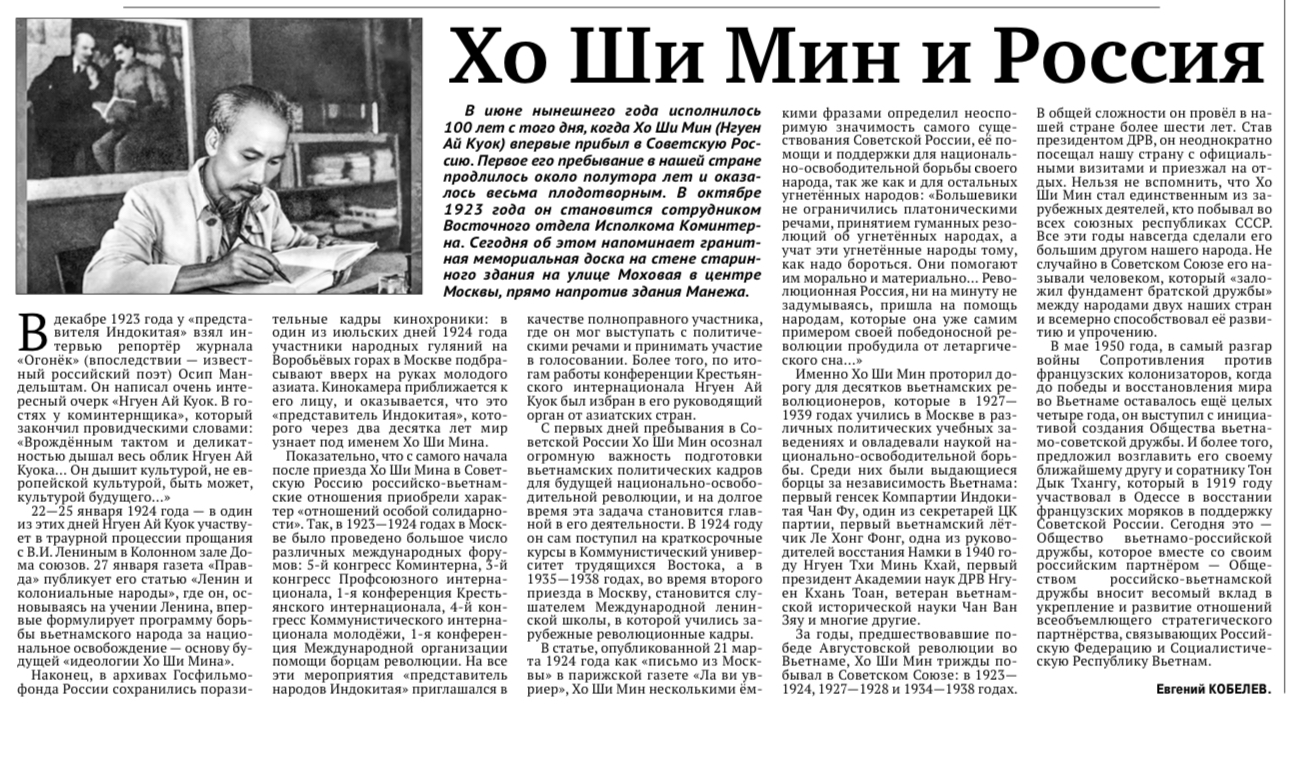
Article published in Pravda.
On one of the days from January 22-25, 1924, Nguyen Ai Quoc attended the funeral of Vladimir Ilich Lenin at the Trade Union Building. On January 27, 2024, the newspaper Su That published the article "Lenin and the Colonial Peoples", in which, based on Lenin's doctrine, he first proposed a program of national liberation struggle for Vietnam - the basis of the future "Ho Chi Minh Thought".
Finally, in the archives of the Russian State Cinema Fund there is still an unexpected newsreel: on one of the days in July 1924, festival-goers on Lenin Hill in Moscow threw a young Asian man (namely Nguyen Ai Quoc) into their arms. The camera zoomed in and it turned out to be a "representative of Indochina", whom the world would know two decades later as Ho Chi Minh.
It is important that from the very beginning, after Ho Chi Minh arrived in Soviet Russia, the Russian-Vietnamese relations had the character of "special solidarity". During the period of 1923-1924, a large number of different international forums were held in Moscow: the 5th Congress of the Communist International, the 3rd Congress of the International Trade Unions, the 1st Congress of the International Peasants, the 4th Congress of the International Communist Youth, the 1st Congress of International Organizations Supporting Revolutionary Fighters. At all these events, "representatives of the Indochinese peoples" were invited as full members, where he could speak and vote. At the 1st International Peasants' Congress, Nguyen Ai Quoc was elected by Asian countries to the leadership of this organization.
From the very first days in Soviet Russia, Ho Chi Minh realized the great importance of training Vietnamese political cadres for the future national liberation revolution, and for a long time, this task became the central task in his activities. In 1924, Ho Chi Minh also attended short courses at the Communist University of the Working People of the East, and in 1935-1938, during his second visit to Moscow, he became a student at the International Lenin School, where foreign revolutionary cadres studied.
In an article published on March 21, 1924 in the form of a "letter from Moscow" in the newspaper La Vie Ouvrier in Paris (France), Ho Chi Minh briefly identified the undeniable significance of the existence of Soviet Russia, its help and support for the national liberation struggle of its people as well as the struggle of other oppressed peoples: "The Bolsheviks did not limit themselves to Plato's statements, but also adopted humanitarian resolutions on oppressed peoples, teaching oppressed peoples how to fight. They helped both spiritually and materially... Revolutionary Russia, without the slightest hesitation, helped the peoples who, by the example of its own victorious revolution, had awakened from a long sleep..."
It was Ho Chi Minh who paved the way for dozens of Vietnamese revolutionaries in the period 1927-1939 to study in Moscow, at various political educational institutions and master the science of the struggle for national liberation. Among them were outstanding fighters for Vietnam's independence such as: the first General Secretary of the Indochinese Communist Party Tran Phu; one of the General Secretaries of the Central Party, the first pilot of Vietnam Le Hong Phong; one of the leaders of the 1940 Southern Uprising Nguyen Thi Minh Khai, the first President of the Academy of Sciences of the Democratic Republic of Vietnam Nguyen Khanh Toan, veteran Vietnamese historical scientist Tran Van Giau and many others.
In the years before the victory of the August Revolution, Ho Chi Minh visited the Soviet Union three times: in 1923-1924, 1927-1928 and 1934-1938. In total, he spent more than six years in Russia. After becoming President of the Democratic Republic of Vietnam, he made many official visits to the Soviet Union. It cannot be ignored that Ho Chi Minh was the only foreigner to have visited all the republics of the Soviet Union. All these years forever made him a great friend of the Russian people. It is no coincidence that in the Soviet Union, Uncle Ho was considered the one who "laid the foundation for brotherly friendship" between the people of the two countries and made every effort to contribute to the development and consolidation of that friendship.
In May 1950, at the height of the resistance war against French colonialism, when there were still 4 years left until victory and the restoration of peace in Vietnam, he initiated the establishment of the Vietnam-Soviet Friendship Association. He also nominated his closest friend and comrade Ton Duc Thang, who in 1919 participated in the uprising of French sailors in Odessa to support Soviet Russia, to be the head of this organization. Today, the Vietnam-Russia Friendship Association, together with its Russian counterpart, the Russia-Vietnam Friendship Association, is making important contributions to consolidating and developing the comprehensive strategic partnership between Russia and Vietnam.
According to Nhan Dan Newspaper
Source


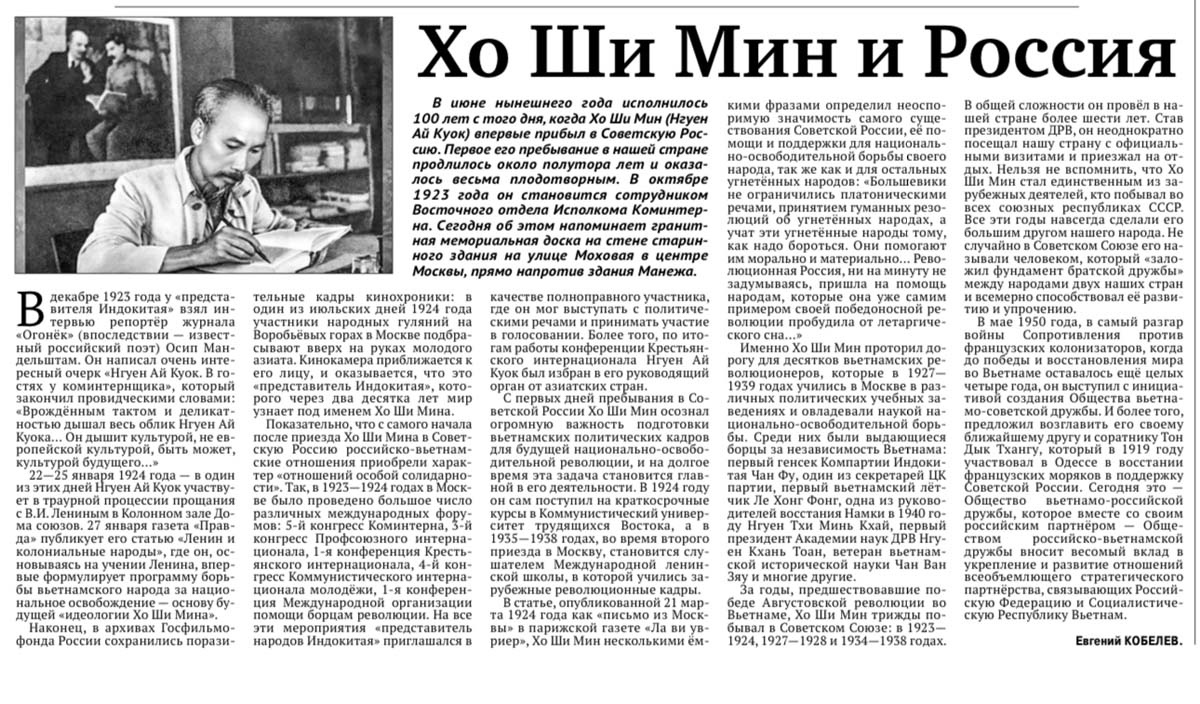
![[Photo] Prime Minister Pham Minh Chinh attends the groundbreaking ceremony of Trump International Hung Yen Project](https://vphoto.vietnam.vn/thumb/1200x675/vietnam/resource/IMAGE/2025/5/21/ca84b87a74da4cddb2992a86966284cf)
![[Photo] Prime Minister Pham Minh Chinh chairs the Government's special meeting on law-making in May](https://vphoto.vietnam.vn/thumb/1200x675/vietnam/resource/IMAGE/2025/5/22/1c880aae96fd4e0894abc47a46fe19ba)
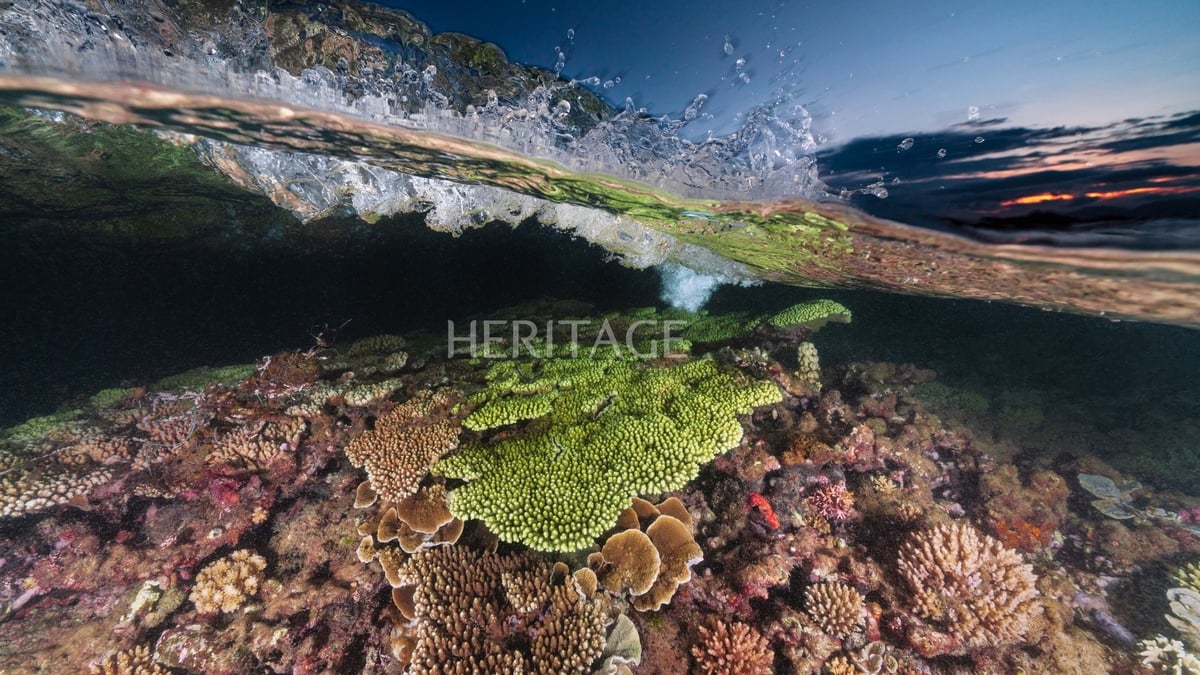
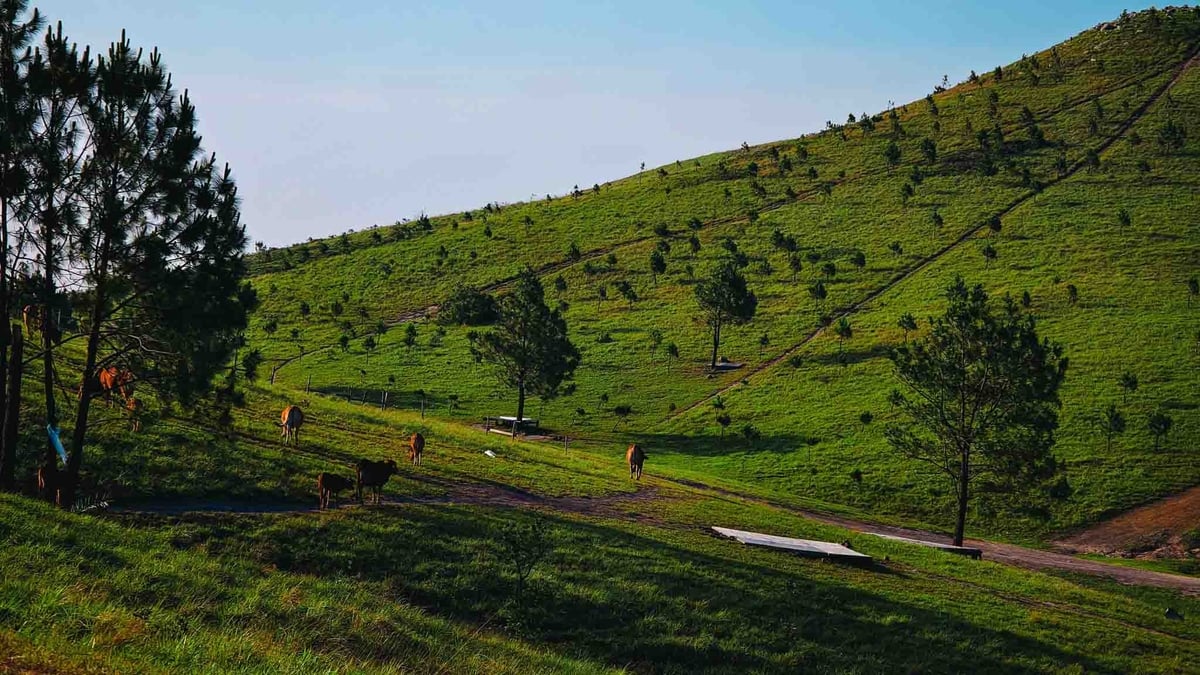
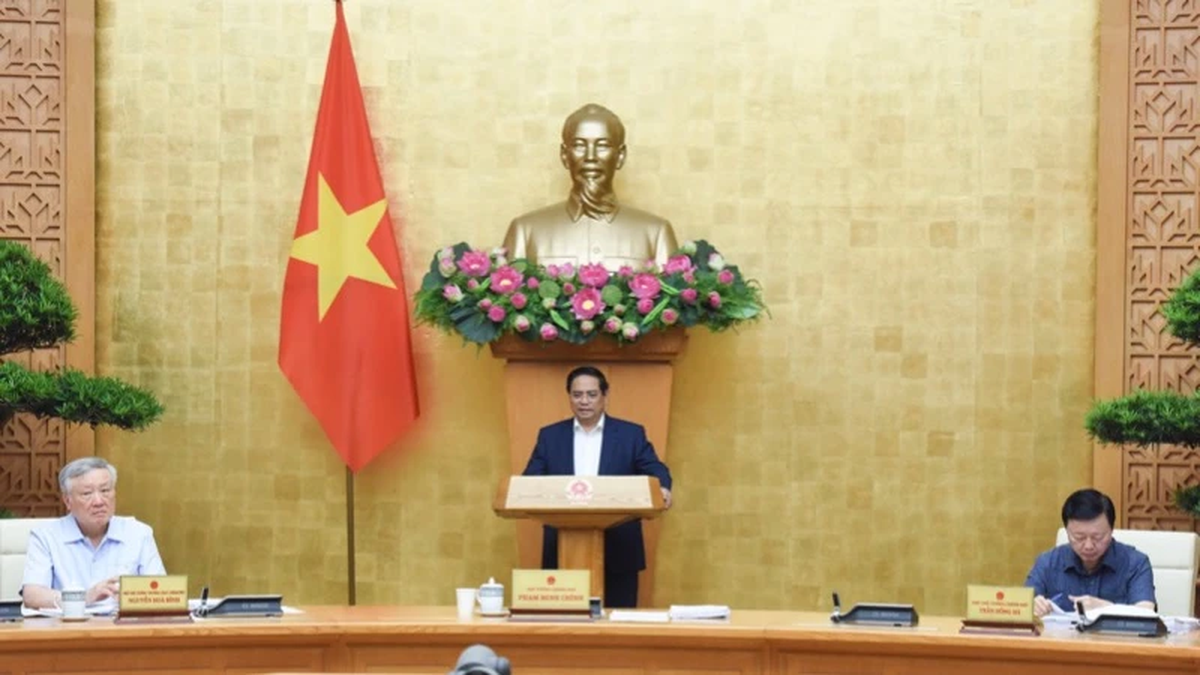

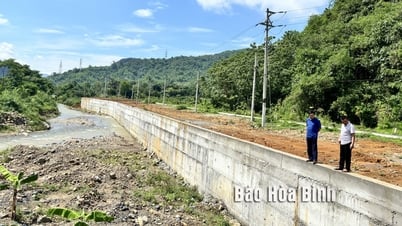
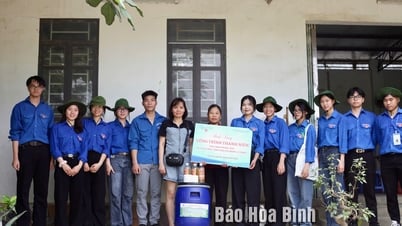
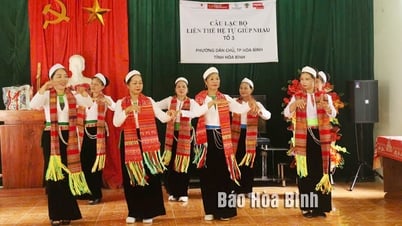
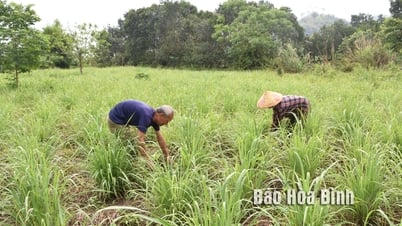
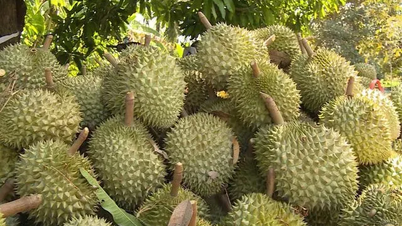
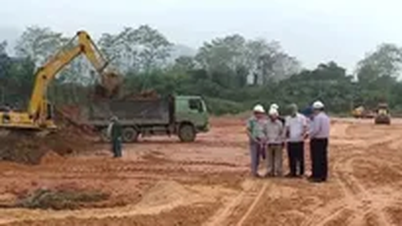




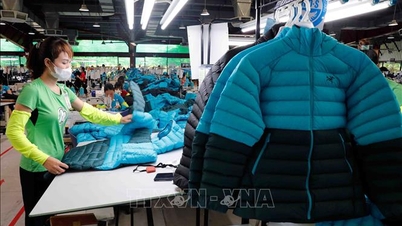
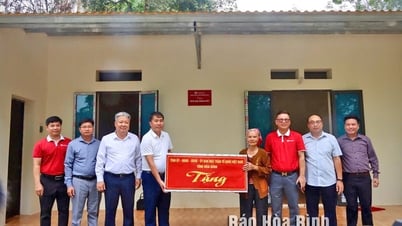
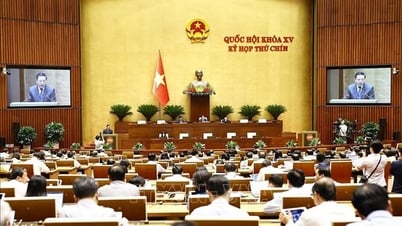
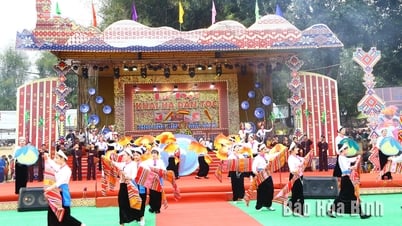
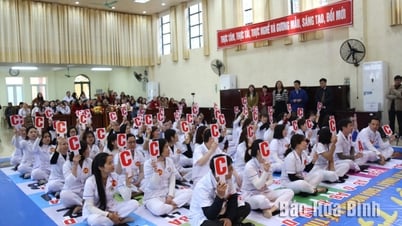
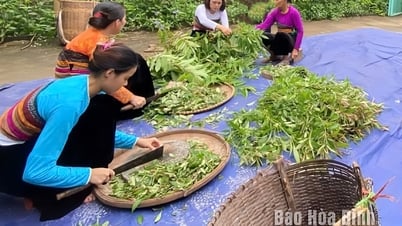


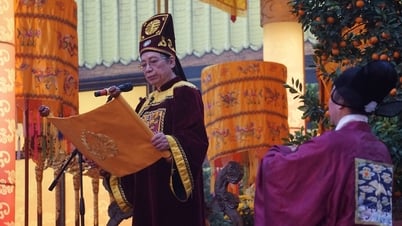
































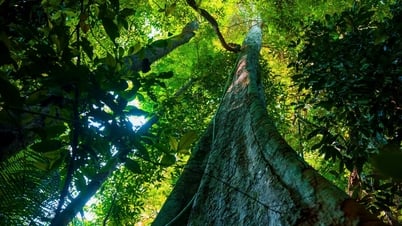


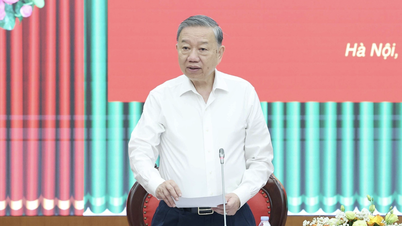
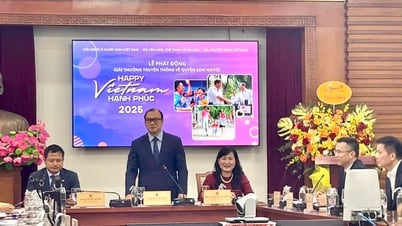

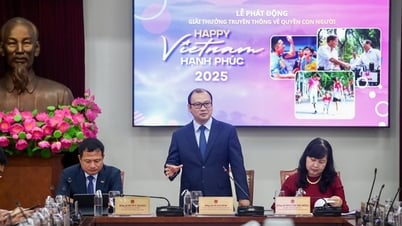
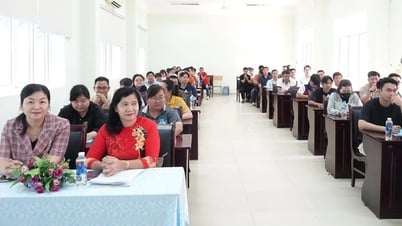
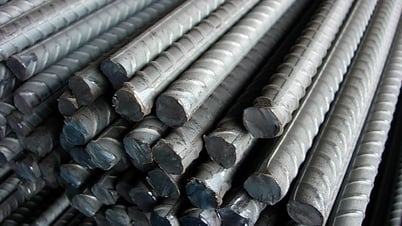

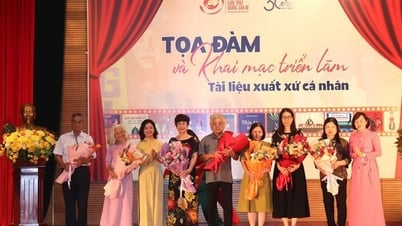
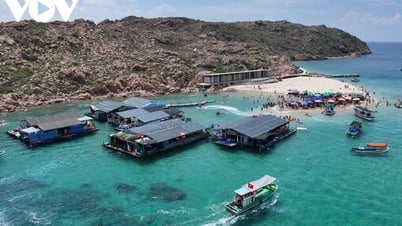
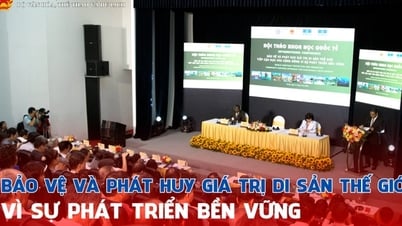
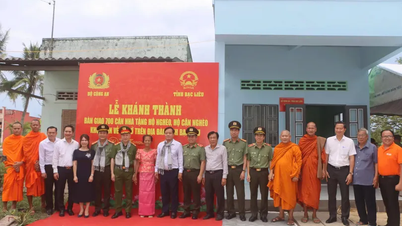

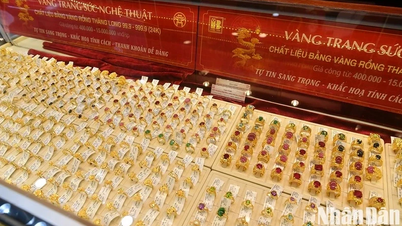
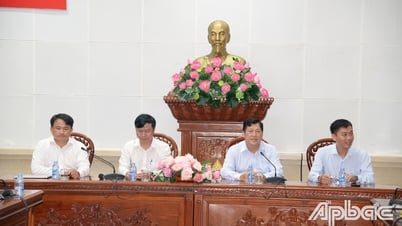

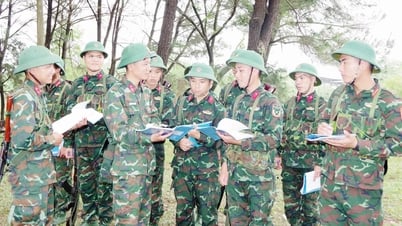

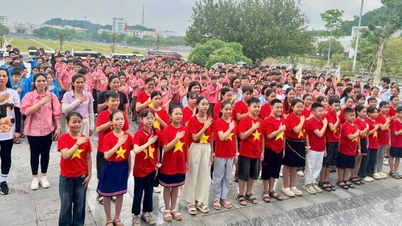

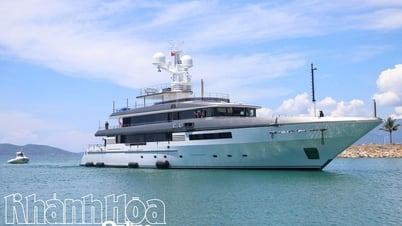




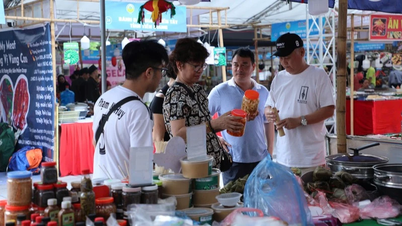
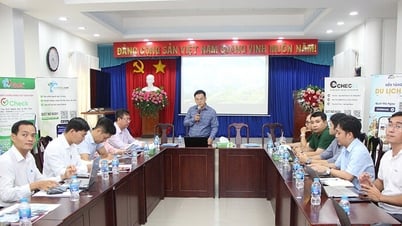

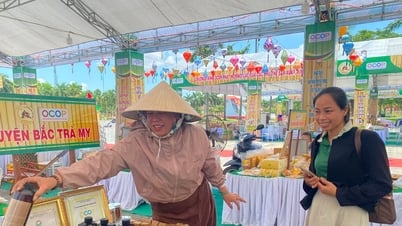



Comment (0)